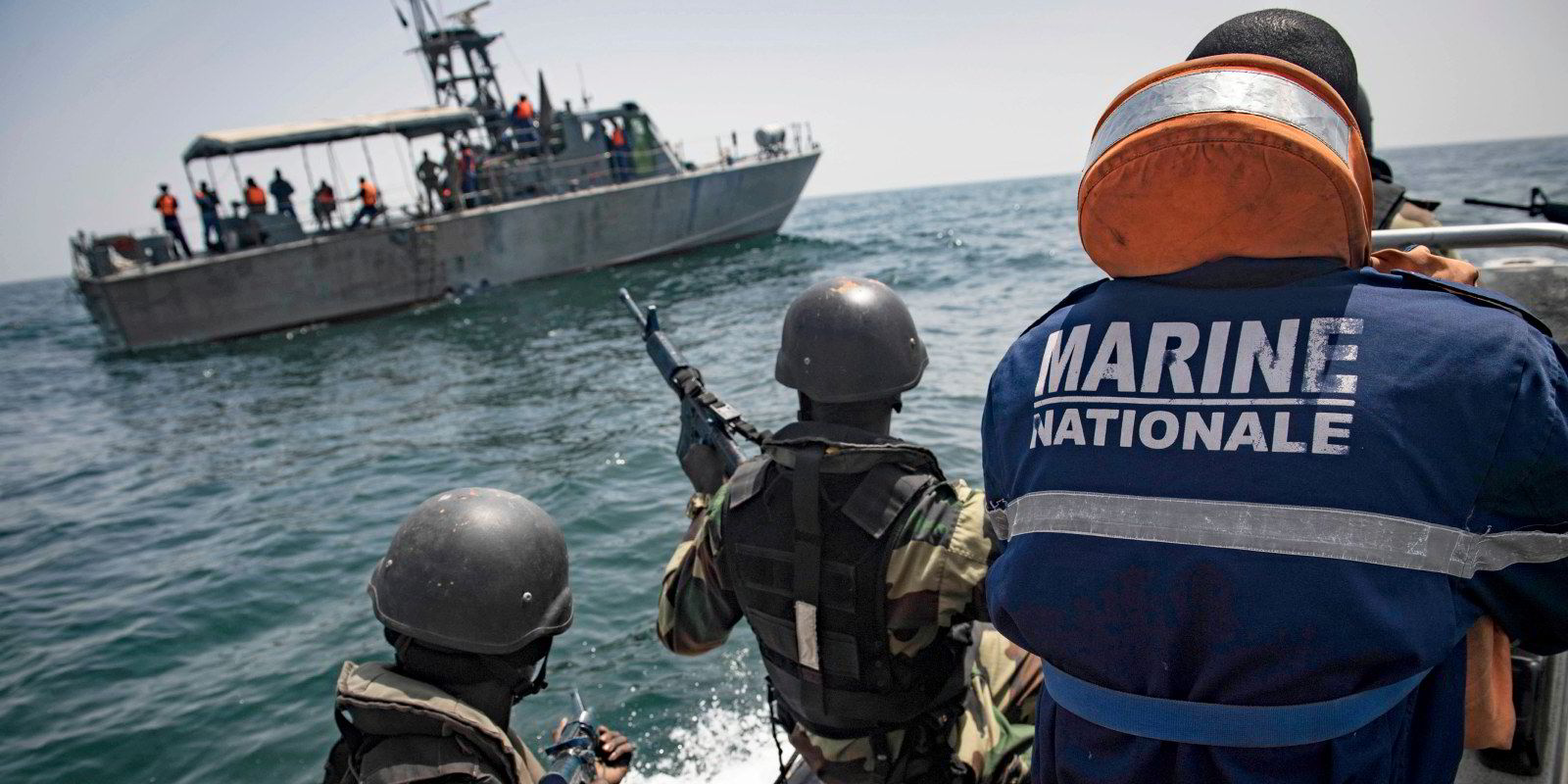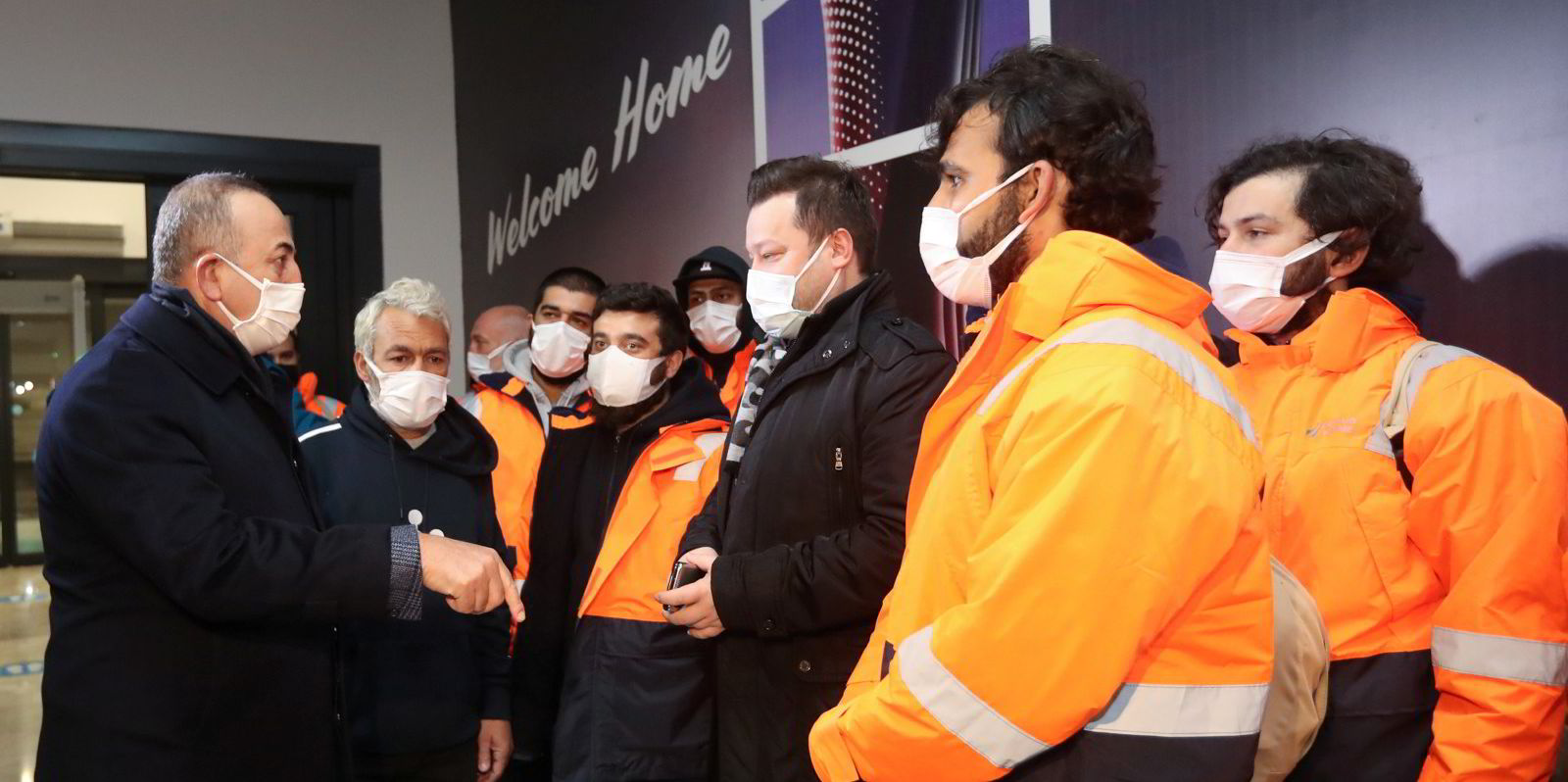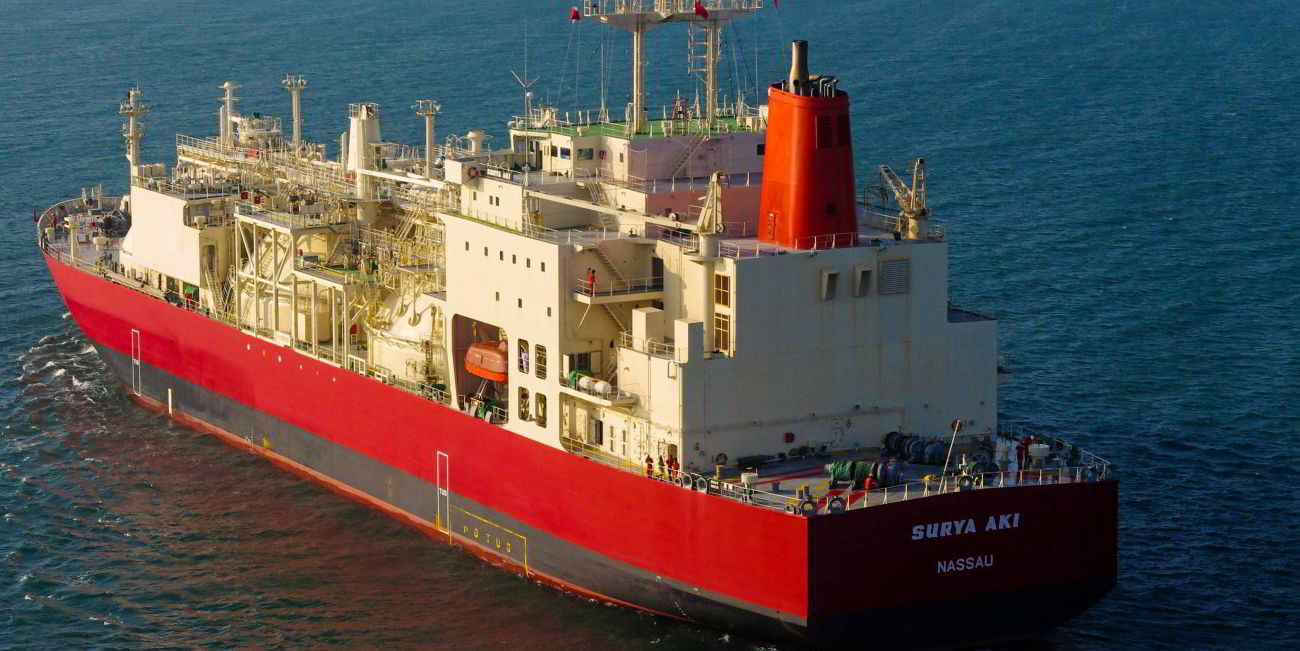The Gulf of Guinea had the world’s worst maritime security environment in 2020, with more than 130 seafarers kidnapped, often at gunpoint, according to consultancy Dryad Global.
West African waters have long been dangerous for vessel operators, and the number of piracy incidents have increased during the Covid-19 pandemic.

“Where law enforcement is weak and governance is poor, criminals will seek to exploit opportunity,” Dryad chief executive Phil Diacon said in an annual report.
“This is acutely visible in West Africa, where maritime crime poses the greatest threat to commercial shipping operations and the onshore security of any region in the world.”
Dryad figures show 132 security incidents in the Gulf of Guinea last year, including robbery, kidnapping, armed boarding and hijack.
In total, 136 seafarers were abducted in 27 of those incidents. The use of guns was reported in more than 80% of kidnappings.
Events were happening further offshore and becoming bloodier, with larger groups of seafarers being abducted.
Last year’s first attack saw four naval officers killed and three crew members kidnapped after pirates raided the 3,500-dwt dredger Ambika (built 1979) 5.5 km (3.4 miles) from the mouth of the Ramos River in Nigeria.
“Operating in the Gulf of Guinea continues to present a serious and persistent threat to the safety and security of crews and vessels,” Dryad analyst Casper Goldman said.
“The West African maritime security situation is at breaking point. Seafarers' lives are at risk from ever-increasing violent attacks and Nigerian pirates are operating with increased impunity.”
Goldman added that the criminals had knowledge of insurers’ price points while shipowners weighed the cost of improved security against insurance premiums.
“Nation states in West Africa are overwhelmed,” he said. “Like the rest of the world, they are dealing with the effects of a global pandemic set against long-term economic and societal instability overseen by endemic corruption at the highest levels.”
Conflicts in Middle East
The number of security incidents in the Indian Ocean has been on a slippery slope over the past four years, with a total of 35 reported in 2020.
Of these incidents, at least 38% were related to geopolitical conflicts amid heightened tensions between Iran, the US and some Middle Eastern countries.
The consultancy observed a rise in incidents in the Red Sea last year, primarily due to the worsening relations between Iran and Saudi Arabia.
“Due to the geopolitical sensitivity of the region and the potential impact of any conflict, limited or otherwise, the tangible threat of vessel seizures and limpet mine attacks in the Persian Gulf is often misrepresented as being severe,” Dryad analyst James Greer said.
“The number of incidents, when compared to daily ship traffic in the region, suggests a very low probability of incident.”
Fewer gun attacks have been reported in recent years, with piracy off the Somalian coast largely obliterated due to large-scale offshore security responses and onshore community engagement programmes.
Petty crime
South East Asia saw 61 incidents reported in 2020, most of them in the Strait of Malacca and Singapore, and Manilla in the Philippines.
Dryad described the region as “the global heartland of low-level maritime crime” because incidents were largely related to robbery and vessel boarding.
“The widespread deprivation within Malaysian and Indonesian coastal communities and access to attractive targets is a key driver of piracy in this region,” Dryad analyst Sarah Knight said.






